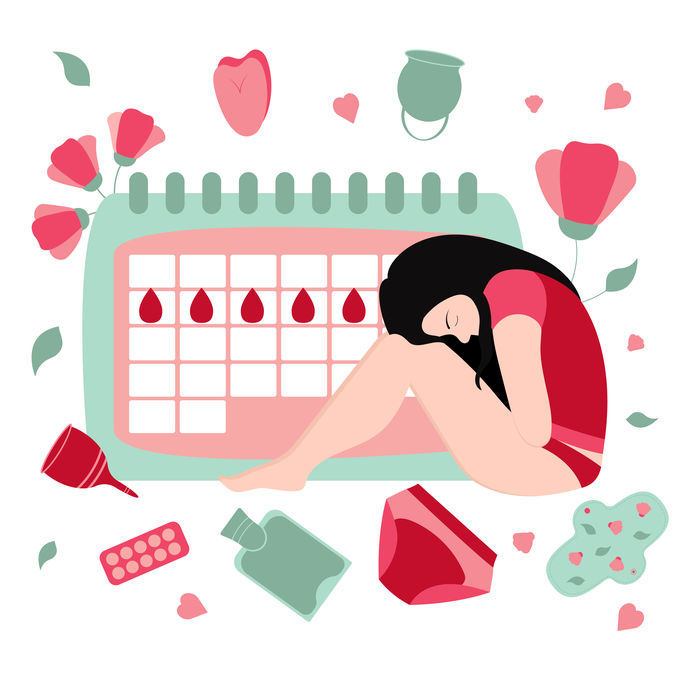Navigating the emotional and physical aftermath of an abortion often requires patience, understanding, and information. One of the primary concerns women have post-abortion is regarding their menstrual cycle. Understanding the complexities and changes that may arise during the first period after an abortion can help ease anxieties and offer clarity.
The Abortion Process and Its Impact on the Menstrual Cycle
When it comes to medical procedures that affect reproductive health, such as abortion, hormonal changes are common. Whether the abortion is performed through medication or surgery, it causes the body to adjust its hormonal balance to terminate the pregnancy. As a result, the body undergoes a sudden shift, leading to temporary changes in the menstrual routine. However, the body eventually returns to its normal cycle.
What to Expect: Timing and Duration
It’s common for women to expect their first period to return within four to eight weeks after having an abortion. However, this timeline can vary depending on several factors, including the length of a woman’s natural menstrual cycle, the method of abortion used, and even stress levels. It’s important to remember that every woman’s body is unique and has its own rhythms and responses.

Changes in Flow and Consistency
After having an abortion, the first menstrual period may have some differences you may not be used to. Some people may experience a heavier flow, while others may have a lighter one. The consistency of the flow may also change, with some people experiencing increased clotting or a thicker flow. It’s important to distinguish this from post-abortion bleeding that can continue for a few weeks after the procedure.
Associated Symptoms: Physical and Emotional
It is common for women to experience heightened cramping, pain, or bloating during their first period after an abortion. Simple remedies, including over-the-counter pain relief, warm baths, and specific yoga poses, can alleviate these symptoms. It’s important to acknowledge and address any emotional distress that may arise from the return of the menstrual cycle, as this can be a reminder of the abortion. Seeking counseling or emotional support can help manage these emotions.
Comparing Medical and Surgical Abortions
Both medical and surgical abortions have their own sets of post-procedure experiences. Medical abortions, which rely on specific medications to terminate a pregnancy, may lead to an extended period of immediate bleeding. In contrast, surgical abortions might result in shorter immediate bleeding, but the period that follows can sometimes be more intense. While general patterns exist, personal experiences can deviate based on individual factors.
When to Seek Medical Advice
After having an abortion, it’s common to experience changes in your menstrual cycle. However, it’s important to be aware of potential warning signs. If you notice abnormally heavy bleeding, intense and prolonged pain, discharge with an unusual smell, or a persistent high temperature, you must contact a healthcare professional immediately! It’s better to be safe than sorry and have any abnormalities examined.

Methods for Comfort and Self-Care
The post-abortion phase calls for prioritized self-care. Physically, consider adopting measures like:
- Using warm compresses or heat pads
- Engaging in light activities or stretches
- Taking OTC painkillers, always under medical guidance
Emotionally, it’s equally, if not more, critical to:
- Give yourself permission to feel and process
- Seek out professional therapeutic channels if you’re overwhelmed
- Surround yourself with understanding and supportive individuals
The journey of recovery and understanding post-abortion is complex, involving both physical and emotional factors. The arrival of your first period is a significant milestone on this journey, indicating the resilience and adaptability of your body. Throughout the process, it’s important to be kind to yourself, remain patient, and stay informed. These qualities will serve as your helpful allies.
If you need professional guidance or are seeking answers related to reproductive health, expert resources are available at South Avenue Women’s Services. Our licensed professionals are here to provide the information you need to make the right decision for you and your body.
Browse our women’s health services online and contact us by phone at (585)271-3850 to schedule an appointment at our Rochester, NY facility today.

